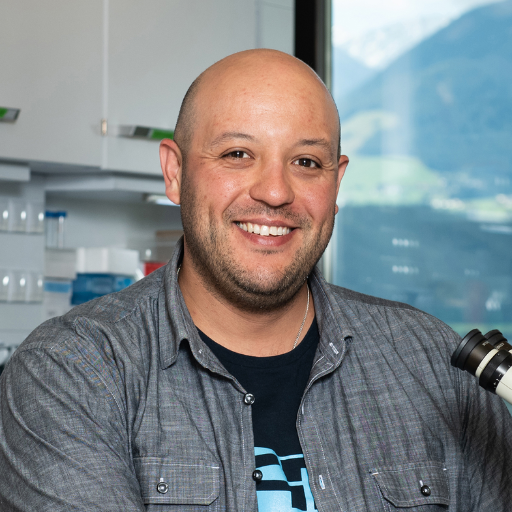Age-dependent Neuronal De-Differentiation in Alzheimer's Patient-Derived Induced Neurons

About the Research Project
Program
Award Type
Standard
Award Amount
$300,000
Active Dates
July 01, 2019 - June 30, 2022
Grant ID
A2019562S
Goals
Everybody ages, and unfortunately, this banal fact represents a huge health threat for us, because old age is the major risk factor for many human diseases with Alzheimer’s Disease leading the way. Our laboratory has recently found a way to reprogram cultured skin cells from Alzheimer patients directly into brain neurons, which are unique for each patient and also biologically ‘remember’ how old the patient was. By looking at all genes used by these cells, we could already make some exciting new discoveries, as it looks like the neurons from Alzheimer patients seem to have partially lost their memory regarding their own identity and function in the body; in some ways similar to cancer cells. In this project we aim to better understand this connection and try to find ways to give Alzheimer neurons their own memory back.
Summary
To investigate age-dependent mechanisms of sporadic Alzheimer’s Disease (AD), my laboratory reprograms skin cells from AD patients and aged cognitively normal donors into induced neurons (iNs), and investigate these cells as a ‘brain model’ that is not only genetically unique to each patient, but that also biologically ‘remembers’ the age of the individual.
By measuring levels of all genes used by these iNs, we could already make the exciting discovery that the neurons from AD patients appear to have partially lost their memory regarding their own identity and function in the body; which in several ways shares molecular signatures of cancer. In this project we first aim to deeply characterize and understand this phenomenon of neuronal de-differentiation using a powerful next-generation sequencing and computation-assisted characterization of the epigenetic landscape of the iNs, as well as the iNs’ functional properties and survival strategies. Next, it is known from cancer that impaired cellular metabolism, the chemical processes that transacts energy and cellular building blocks, might drive cellular de-differentiation. In a second aim we will assess the metabolic pathways in AD and control iNs to hopefully unravel regulatory nodes that might serve as alterable switches for potential treatment strategies. We anticipate that our work will significantly benefit from the cancer research field, where scientists have worked for decades to develop drugs to prevent de-differentiation by targeting metabolic regulation.
The iN model system is the only human patient-specific neuronal model system known so far that allows for the integration of age-related mechanisms. We are determined to fully exploit this opportunity by generating iNs from a large number of clinically well-characterized patients, and analyzing these cells using several state of the art omics technologies. Ultimately, we work to try to find ways to give AD neurons their cellular memory back.
This project aims at bringing a substantially new perspective onto the pathogenesis of AD and might give rise to yet unexpected treatment strategies borrowed from the cancer field. The results from this research might holds exciting potential for personalized medicine approaches in the AD field, as well as for other
age-dependent diseases.
Grants
Related Grants
Alzheimer's Disease Research
Partnership with Molecular Neurodegeneration Open Access Journal
Active Dates
July 01, 2010 - June 30, 2015

Principal Investigator
Guojun Bu, PhD
Partnership with Molecular Neurodegeneration Open Access Journal
Active Dates
July 01, 2010 - June 30, 2015

Principal Investigator
Guojun Bu, PhD
Alzheimer's Disease Research
Identifying Women-Specific and Men-Specific Risk Factors for Alzheimer’s Disease
Active Dates
July 01, 2022 - June 30, 2024

Principal Investigator
Gael Chetelat, PhD
Identifying Women-Specific and Men-Specific Risk Factors for Alzheimer’s Disease
Active Dates
July 01, 2022 - June 30, 2024

Principal Investigator
Gael Chetelat, PhD
Alzheimer's Disease Research
Mitochondrial Prodrug to Treat Repeated Mild Traumatic Brain Injury
Active Dates
September 08, 2021 - December 31, 2023

Principal Investigator
Patrick Sullivan, PhD
Mitochondrial Prodrug to Treat Repeated Mild Traumatic Brain Injury
Active Dates
September 08, 2021 - December 31, 2023

Principal Investigator
Patrick Sullivan, PhD



